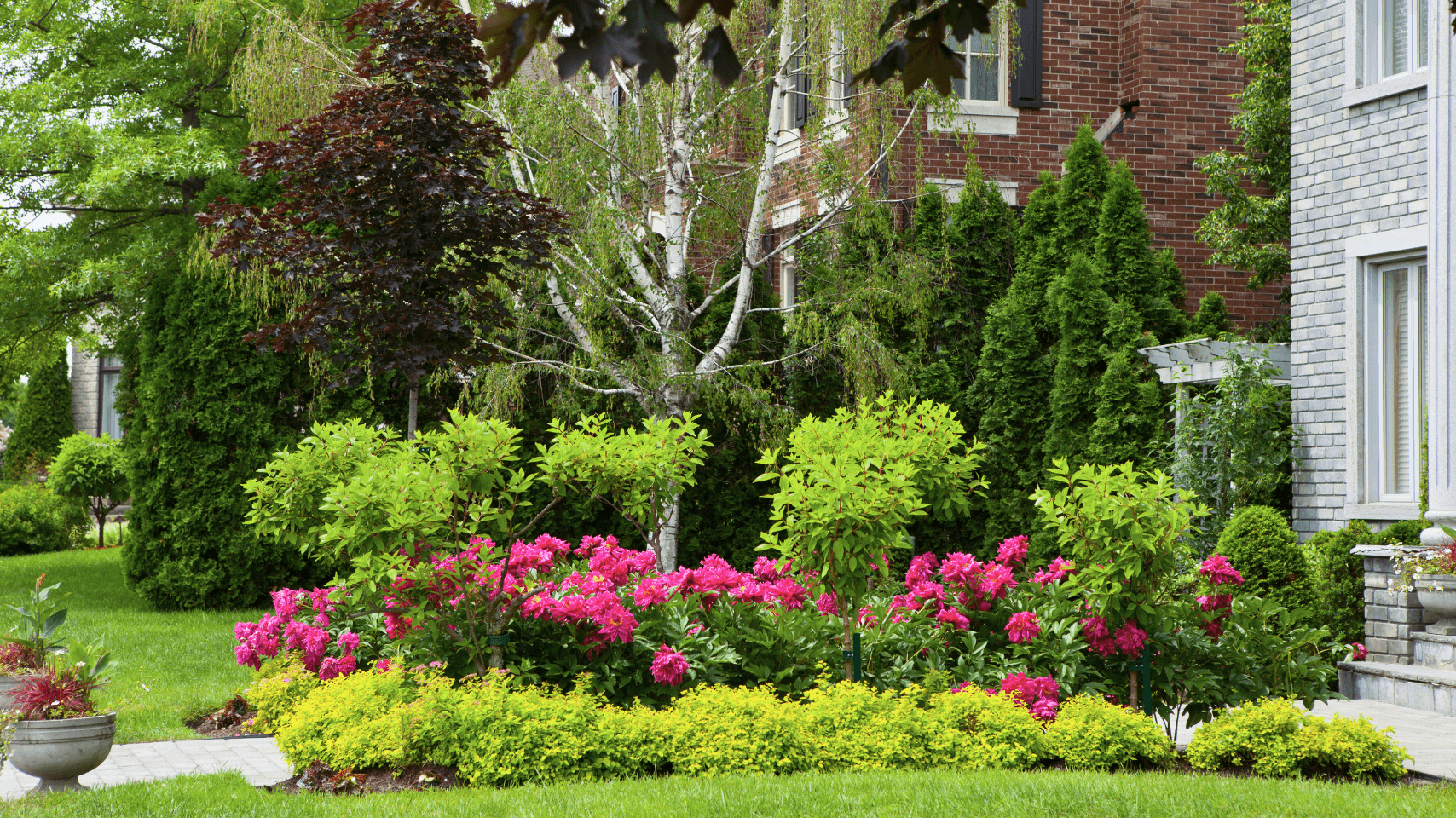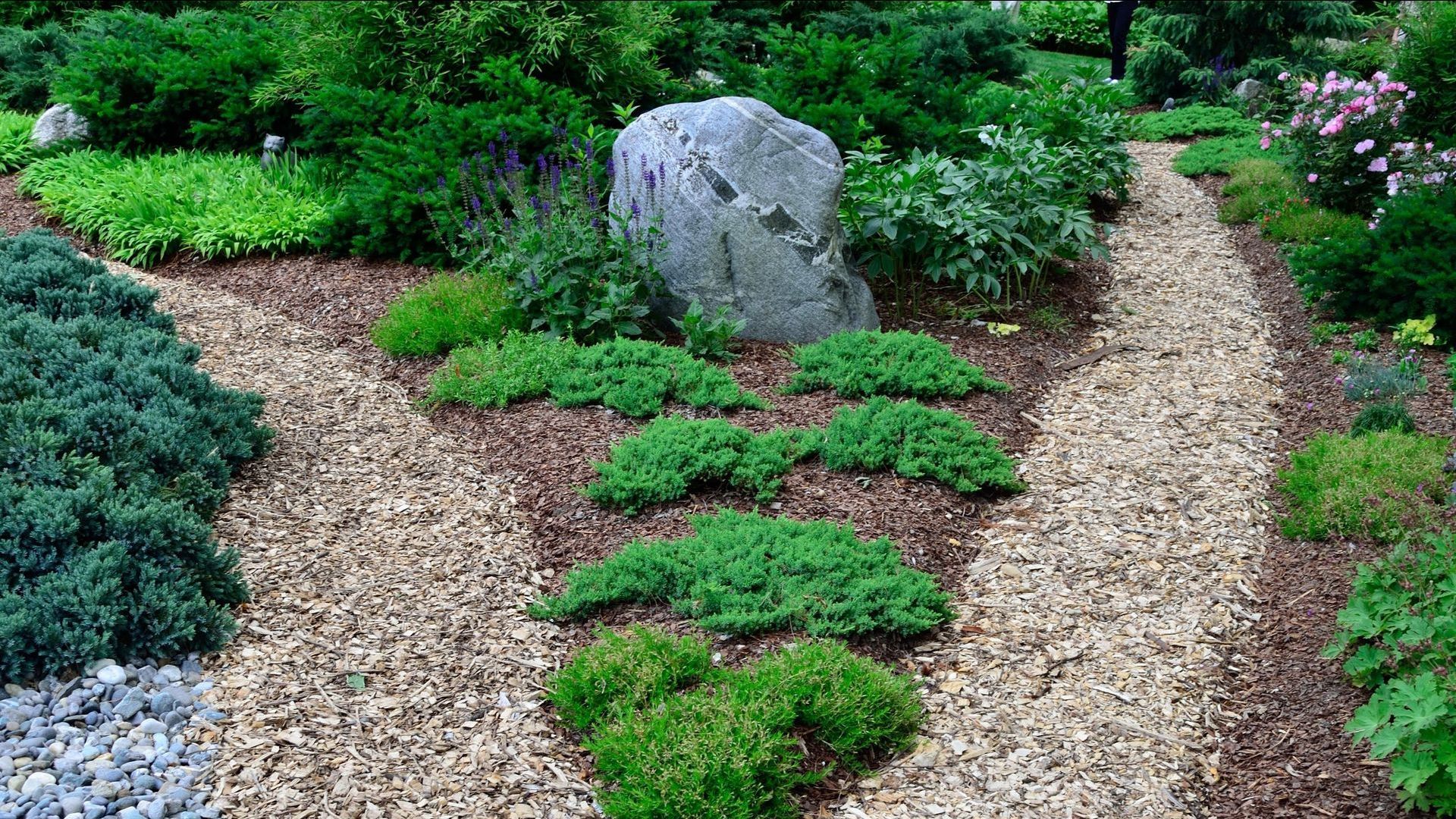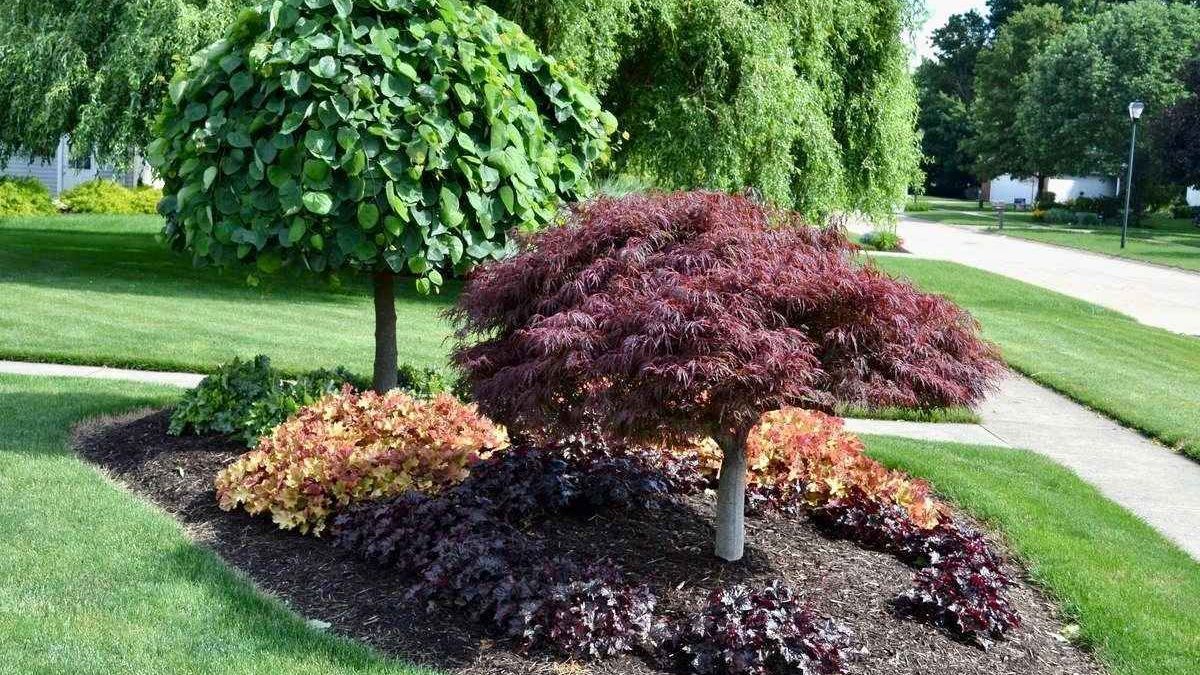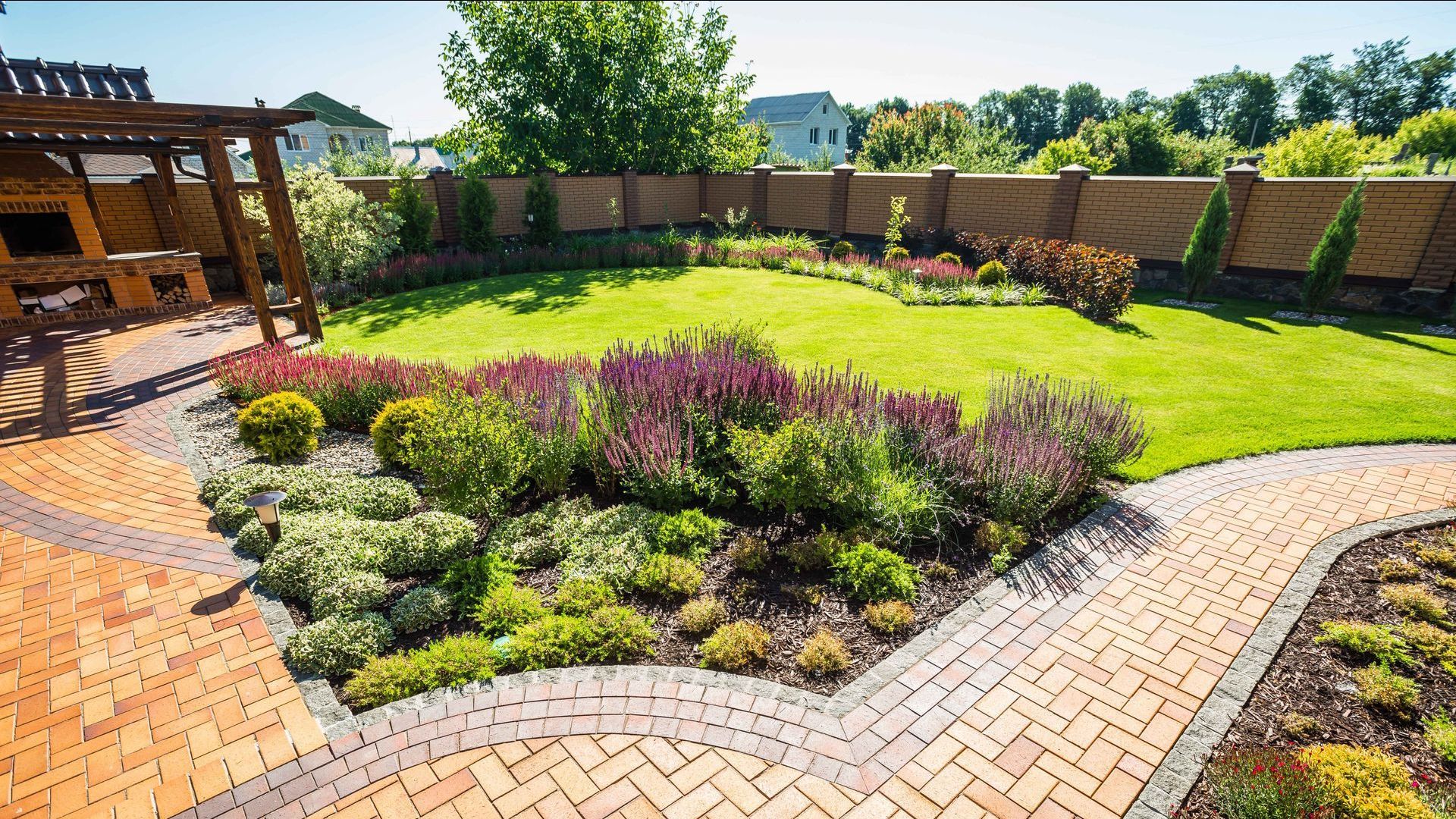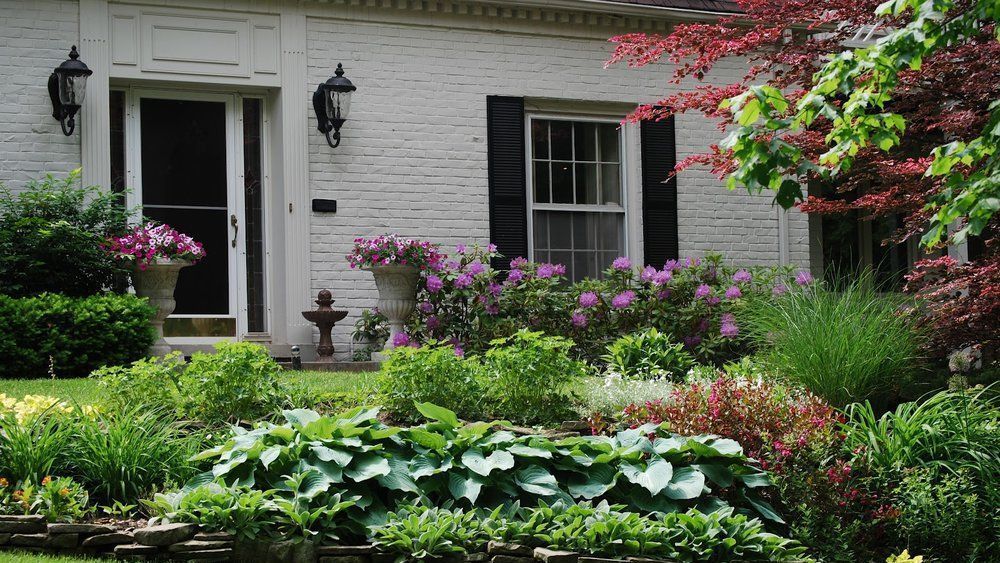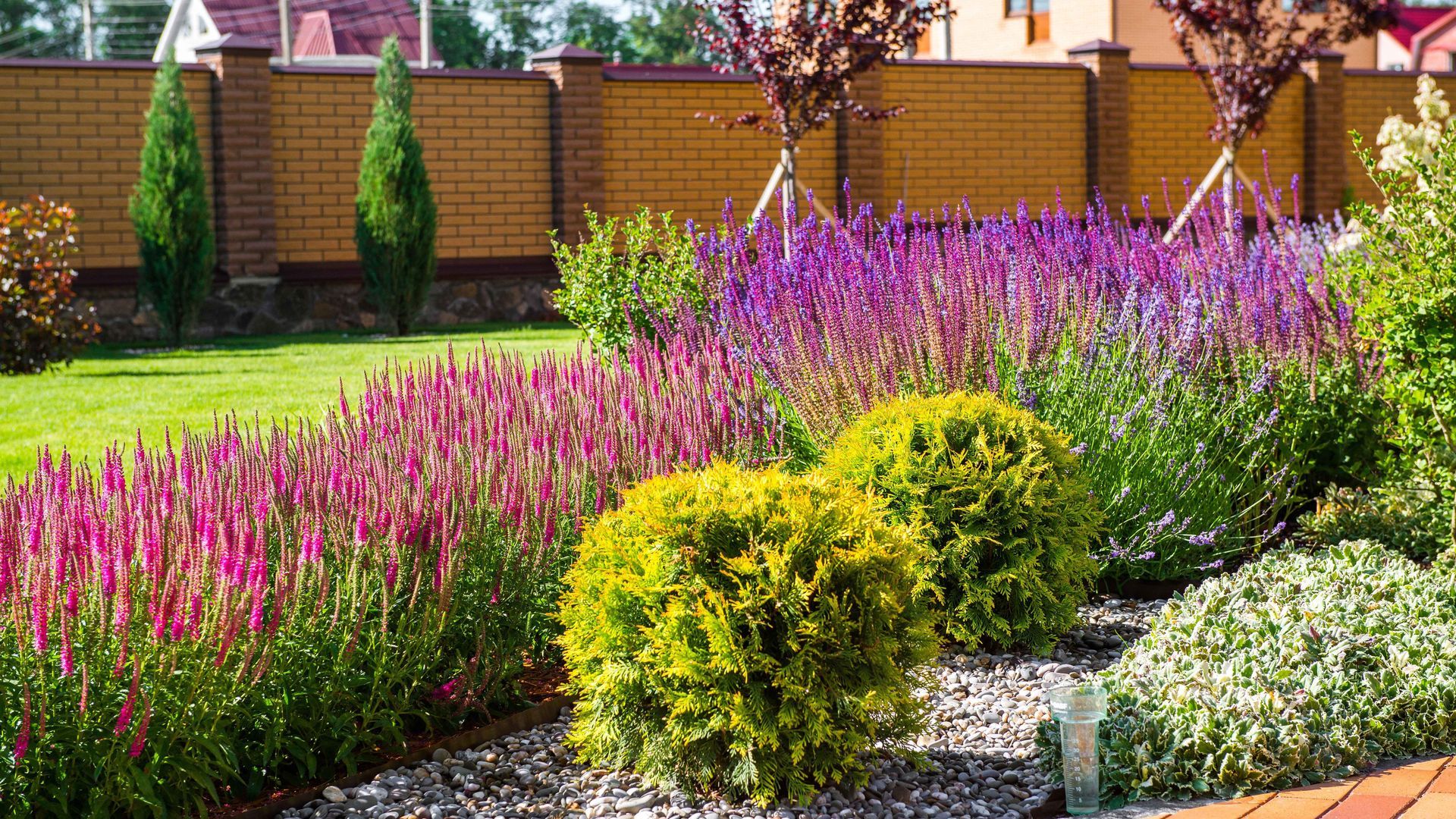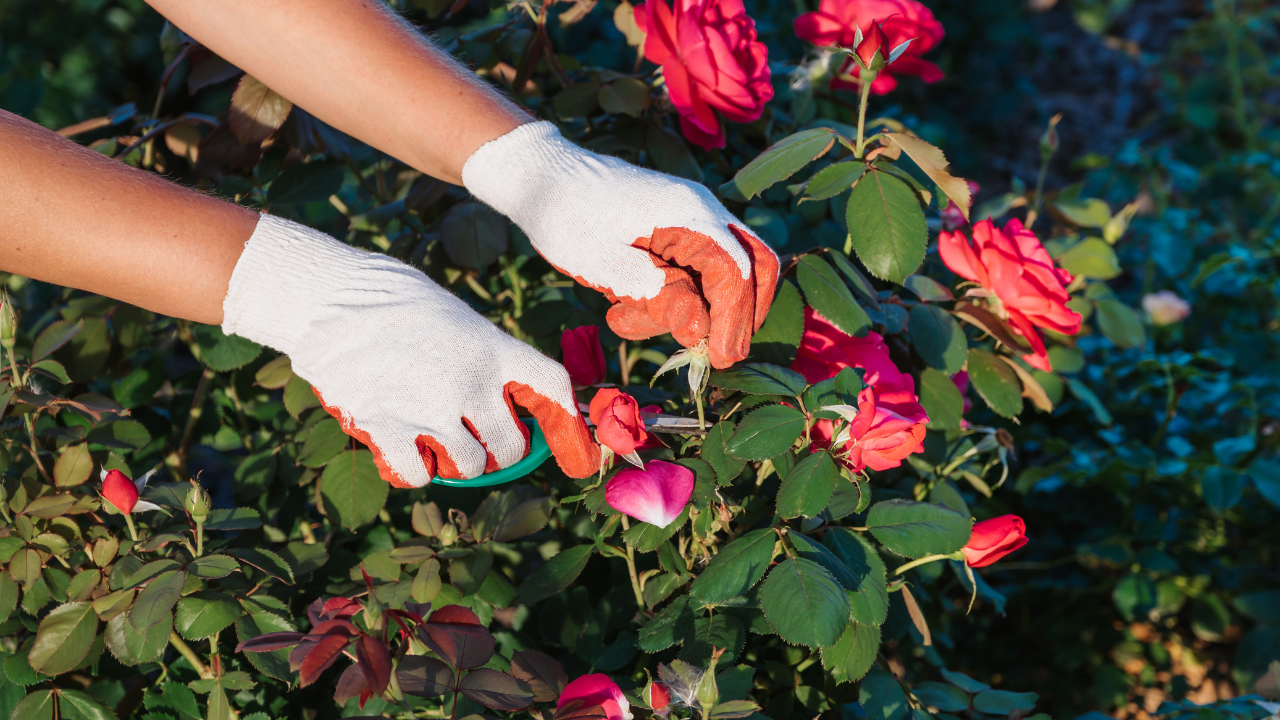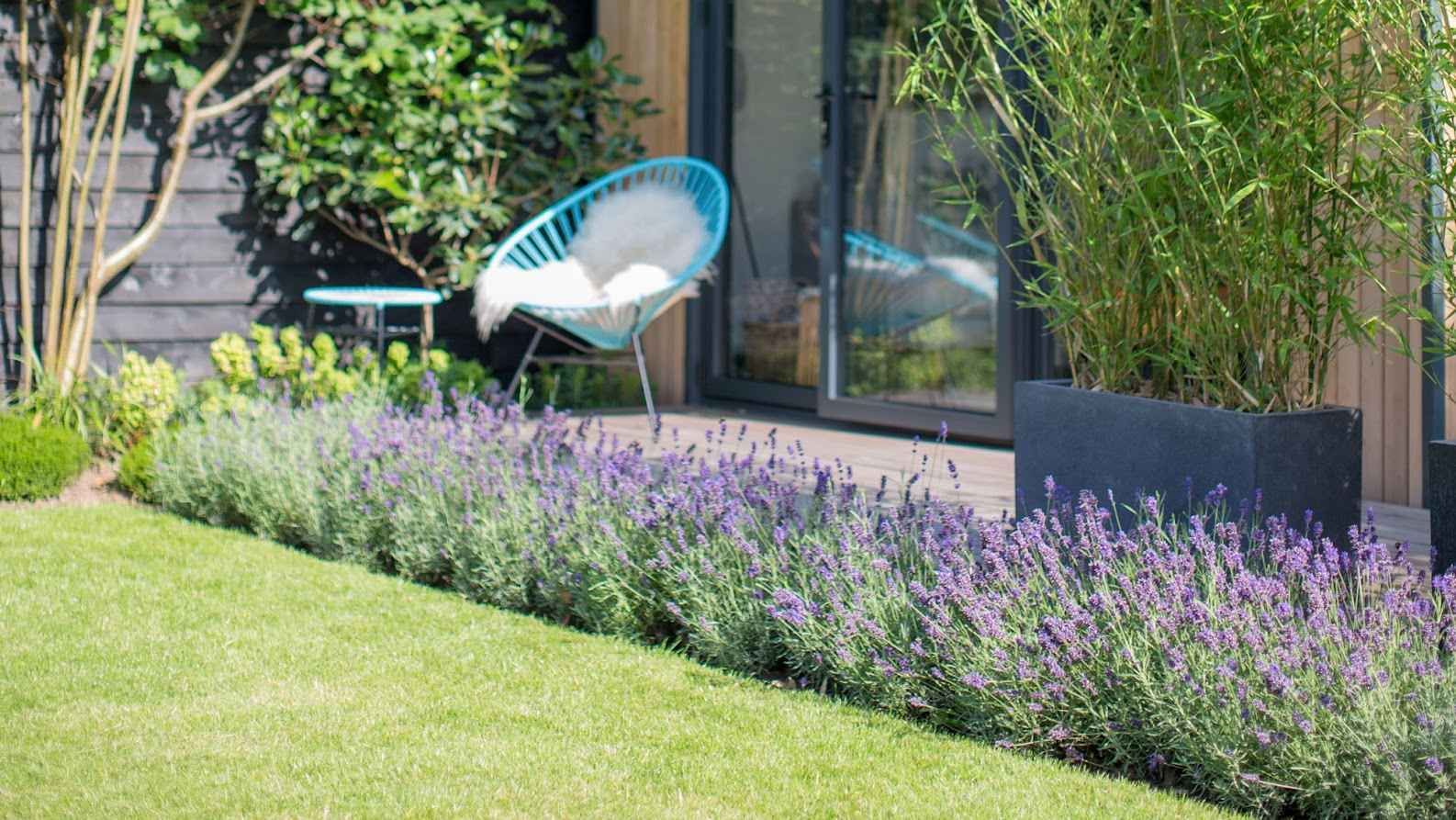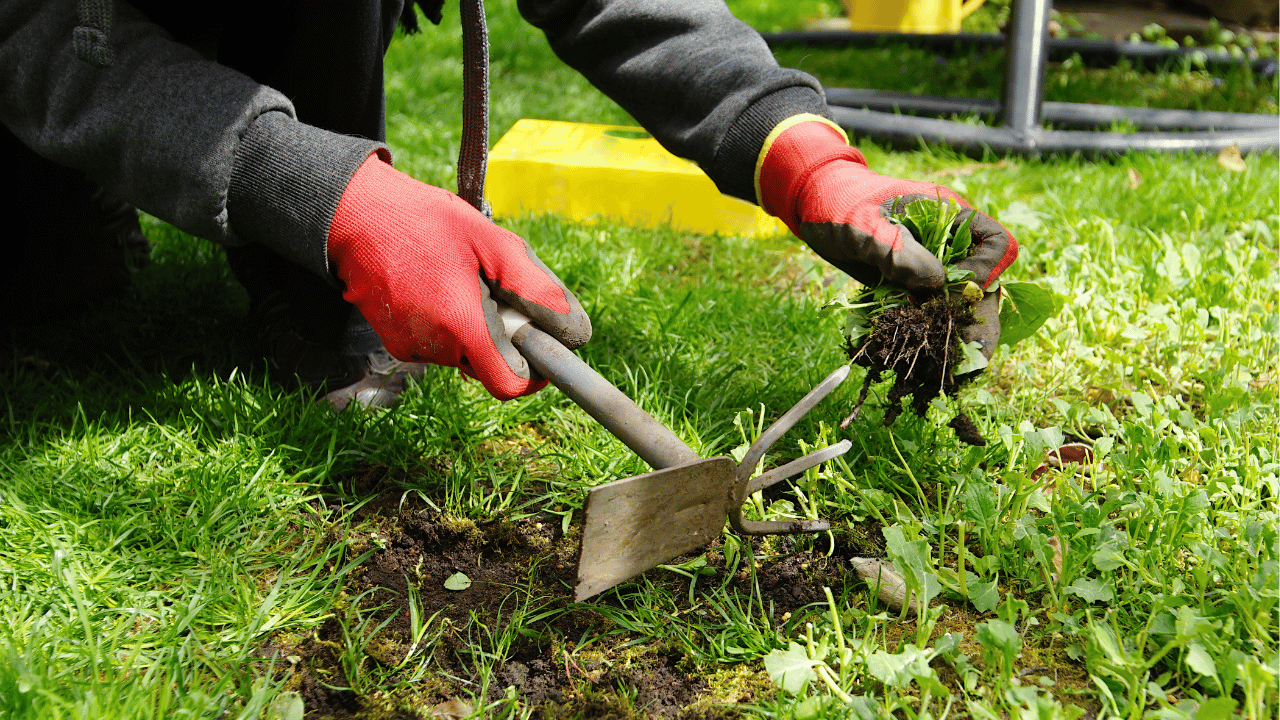
Are Weeds Taking Over Your Yard? Tips for Regaining Control
Weeds can feel like a never-ending battle, but taking back control of your yard doesn’t have to mean reaching for harmful chemicals. Sustainable landscaping practices offer effective and eco-friendly solutions for managing weeds while nurturing a thriving outdoor space.
In this guide, we’ll explore why weeds take over, how to identify problem areas, and the best sustainable strategies for regaining control of your yard. With the right approach, you can create a healthy, weed-free landscape you’ll love.
Why Do Weeds Take Over Your Yard?
Weeds thrive in areas where they can outcompete other plants for sunlight, water, and nutrients. They often take advantage of:
- 🌱 Disturbed Soil: Areas where soil has been disrupted, such as garden beds or bare patches, provide a perfect environment for weeds to grow.
- 💧 Poor Drainage: Overly wet or compacted soil can encourage invasive weeds while stifling healthier plants.
- 🌞 Lack of Ground Cover: Exposed soil is a magnet for weeds, as it offers sunlight and space for seeds to germinate.
- 🍂 Neglected Spaces: Weeds spread quickly in areas that are not regularly maintained or managed.
The key to managing weeds is addressing these root causes and implementing sustainable control methods.
Sustainable Tips for Regaining Control of Your Yard
Regaining control doesn’t have to mean using synthetic herbicides. These eco-friendly tips will help you manage weeds effectively while protecting your soil, plants, and the environment.
1. Mulch to Suppress Weeds
Applying a thick layer of organic mulch, such as wood chips, straw, or shredded bark, smothers weed growth by blocking sunlight. Mulch also improves soil health and retains moisture for your plants.
- 🌟 Pro Tip: Apply 2-3 inches of mulch around garden beds, shrubs, and pathways for best results.
2. Plant Ground Covers
Dense ground cover plants create a natural weed barrier by taking up space and nutrients, leaving little room for weeds to grow. Options like Creeping Thyme, Periwinkle, or Sedum are low-maintenance and thrive in Louisville’s climate.
- 🌱 Best For: Filling gaps between hardscaping, under trees, or in garden borders.
3. Use Natural Weed Barriers
Weed barriers, such as burlap or biodegradable landscape fabric, prevent weeds from taking root while allowing water and nutrients to reach your plants. Pair these with mulch for double protection.
4. Pull Weeds by Hand
While it might seem old-fashioned, hand-pulling weeds remains one of the most effective and eco-friendly methods for removal. For deeper-rooted weeds, use tools like a dandelion puller or hoe to get to the root.
- 🛠️ Pro Tip: Pull weeds after a rainfall when the soil is moist for easier removal.
5. Improve Soil Health
Healthy soil naturally discourages weed growth by promoting stronger, healthier plants. Test your soil to identify deficiencies and add compost or organic matter to improve its structure and nutrient levels.
- 🌿 Pro Tip: Rotate plants in garden beds to prevent nutrient depletion and reduce weed competition.
6. Introduce Native Plants
Native plants like Black-Eyed Susans, Switchgrass, and Purple Coneflowers thrive in Louisville’s environment, outcompeting invasive weeds while requiring less maintenance and water.
- 🌸 Why It Works: Native plants establish quickly and create a balanced ecosystem that limits weed growth.
Prevent Future Weed Growth
Once you’ve tackled your current weed problem, follow these steps to prevent weeds from returning:
- 🌿 Maintain Regular Mulching: Refresh mulch layers annually to ensure continued weed suppression.
- 🌱 Fill Bare Spots: Use ground covers or low-growing plants to fill any exposed soil in your yard.
- 💧 Fix Drainage Issues: Add hardscaping solutions like French drains or retaining walls to address areas with standing water.
- 🌸 Plan Seasonal Updates: Rotate plants and maintain healthy soil to keep weeds at bay year-round.
FAQs
- What are the most common weeds in Louisville?
- Common weeds include Crabgrass, Clover, Dandelions, and Thistles. These invasive species thrive in disturbed or compacted soil.
- Can I prevent weeds without chemicals?
- Yes! Sustainable practices like mulching, planting ground covers, and improving soil health are effective ways to prevent weeds without harmful chemicals.
- How often should I pull weeds?
- Regularly check your yard for weeds and remove them as soon as you notice them. Monthly or Bi-weekly inspections can prevent small weeds from turning into larger problems.


